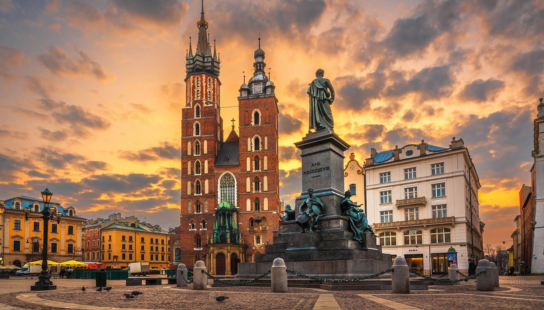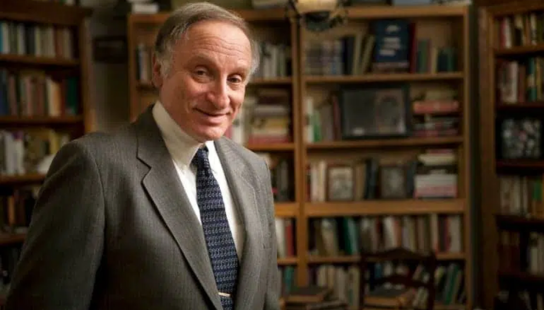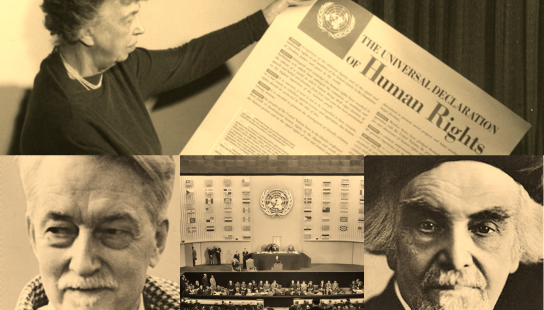
Religion, Freedom of Conscience, and Human Rights in Russia and the West
Magdalene College, University of Cambridge, September 4–5, 2026
Keynote Speaker: Rowan Williams
In 1857 Boris Chicherin, one of Russia’s great philosophers and liberal theorists, called freedom of conscience the “first and most sacred right.” In 1895 Lord Acton, in his “Inaugural Lecture on the Study of History,” delivered at the University of Cambridge, declared that the “secret essence of the Rights of Man” is the equal claim of everyone to be unhindered in the fulfilment of their duty to God. And in 2019, in an address before the Keston Institute, Rowan Williams said, “The claim of religious liberty is the affirmation that there is always something other than the State to which human beings are answerable. And you could put that a bit more vividly by saying: there is always something more than sheer, naked power to which human beings are answerable.”
Questions about freedom of conscience, human rights, and their intersections with religion command our attention today. They have preoccupied political leaders and religious figures as well as artists and intellectuals at least since the beginnings of the modern era, and are gaining urgency in our increasingly interconnected, multipolar world. Russia has a tradition of producing trenchant and impactful perspectives on the nature of freedom, conscience, human rights, and religion, which tend to crystallize in debates about the values of Western modernity. These questions have not been confined to the realm of abstract debate, of course; Russian history— from Tsarist times through the Soviet era to today—offers examples of how different ideas can shape real human experience. Neither are these questions and debates limited to Russia. In the West, religious critics perceive rights as a product of secular humanism and individualism; secular critics see rights as overly indebted to religion, especially Christianity; transhumanist critics view rights as an impediment to the realization of a more perfect human being. And there remain religious proponents of rights, who argue that faith depends on freedom of conscience.
We invite proposals for papers—from diverse interdisciplinary perspectives (e.g., literature, philosophy, theology and religious studies, history, political science, law)—exploring any aspect of the problem of religion, freedom of conscience, and human rights in Russia and the West, including its central bearing on human dignity and personhood, and on constitutionalism and the rule of law. This conference will honor the work of the Keston Institute, which since its founding in 1969 has singularly advanced the study of religion and religious freedom in Russia, other countries in the former Soviet Union, and Eastern Europe.
Paper proposals of 250–500 words are requested by February 15, 2026 and should be sent to:
Susan McReynolds (s-mcreynolds@northwestern.edu),
Randall Poole (rpoole@css.edu),
Bradley Underwood, (bradleyunderwood2025@u.northwestern.edu).
Co-sponsors include: Trinity College, University of Cambridge; Baylor University, Departments of History and Modern Languages and Cultures; Northwestern University Research Initiative in Russian Philosophy, Literature, and Religious Thought; and the Keston Institute.






